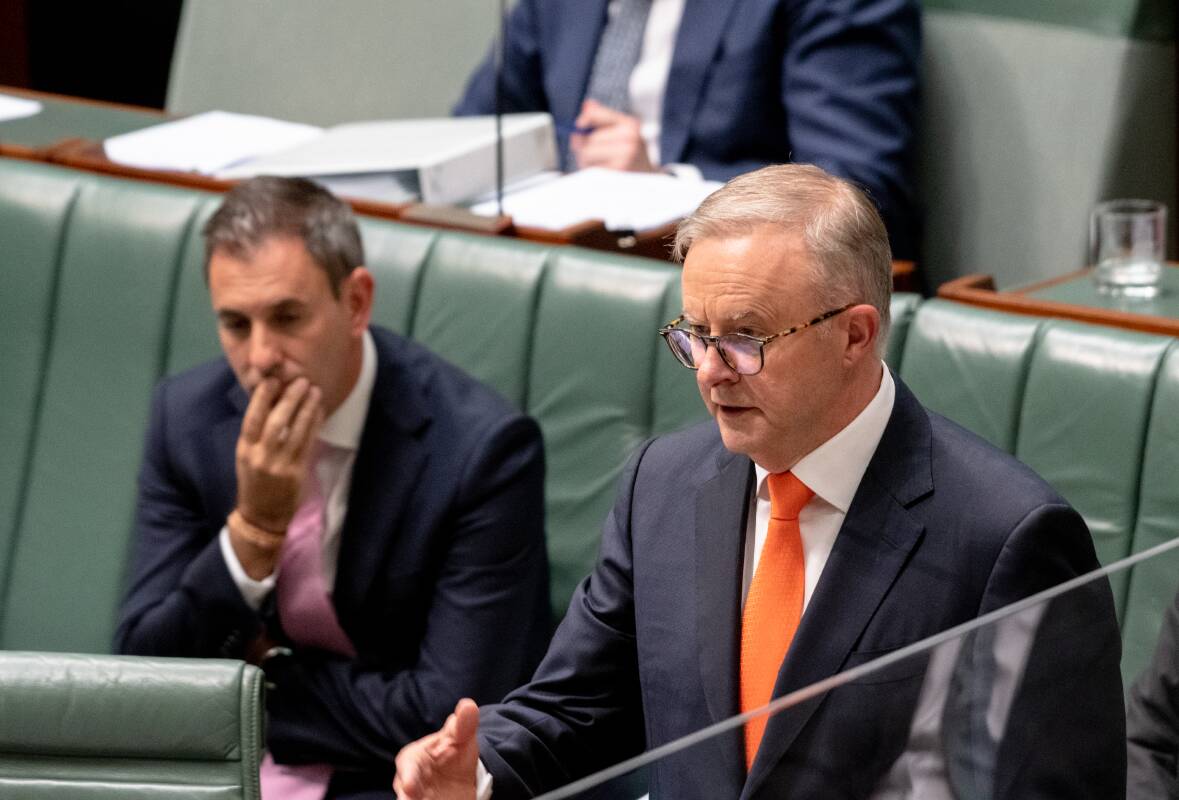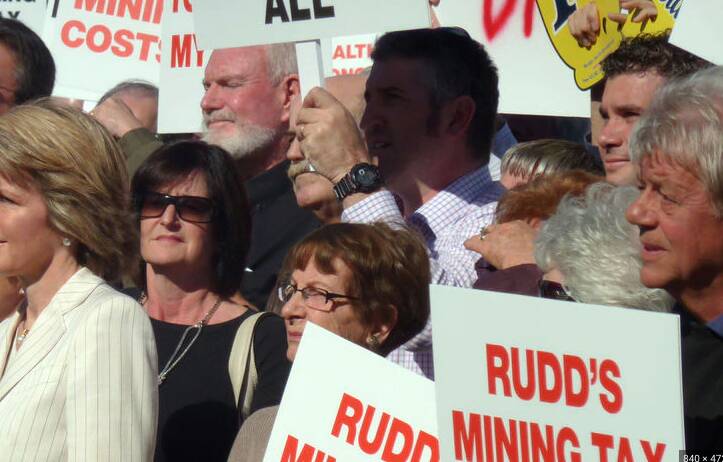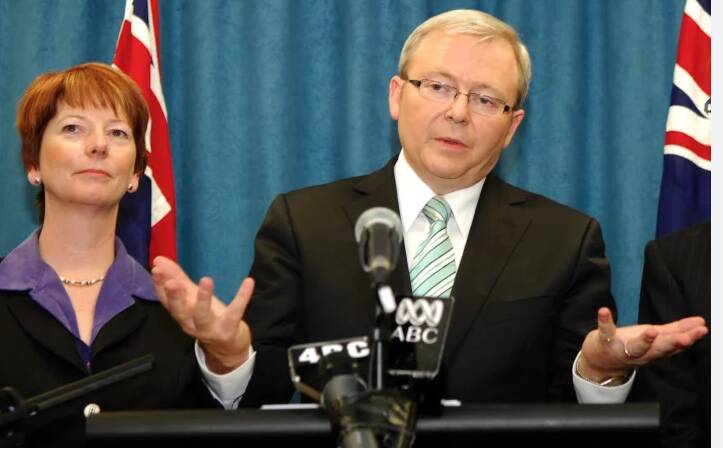
THE Hunter coal industry has come out swinging against the idea of higher taxes on thermal coal as the federal government looks at ways of moderating the impact of higher energy prices.
"Any new tax on the coal sector on top of existing record taxes and royalties is effectively a direct hit on Hunter coal mining communities," NSW Minerals Council CEO Stephen Galilee said yesterday.
A decade after the Henry Tax Review proposed a resource "super profits" tax that pitted Kevin Rudd and then Julia Gillard against BHP and Rio Tinto, the Albanese government is again looking to raise resource taxes, after lobbying from left-wing groups including the Grattan Institute.
Key environmental group Lock The Gate Alliance also endorsed such a tax yesterday, with national co-ordinator Carmel Flint saying that "price controls and a windfall tax" were the only way to bring down prices.
During the election campaign, Anthony Albanese promised to "bring down" energy prices if elected, but gas and coal prices - key inputs to the power grid - have risen, if anything, since then.
"We need to acknowledge that there are extraordinary profits being made at the same time as the customers are really doing it tough," Mr Albanese said yesterday.
"We're working that through with departments, we're working that through as well with states and territories. We need to acknowledge that in half of the states, we're literally talking about state-owned assets involved here."
He promised action on energy bills before Christmas.
Greens leader Adam Bandt endorsed the government move, saying Labor was shifting towards the sorts of things his party had proposed.
But Mr Galilee said the mining industry already paid 40 per cent of the $68 billion Canberra collected last year in company taxes.

Canberra collects company taxes and a Petroleum Resource Rent Tax, while the states levy mineral royalties.
Queensland royalties rose on July 1, with a new top rate of 40 per cent on sales over $300 a tonne, compared with a previous top rate of 15 per cent from $150 a tonne.
NSW rates are lower, at 8.2 per cent for open-cut coal, 7.2 per cent for underground coal and 6.2 per cent for "deep underground" coal.
The Queensland government said it expected its new higher royalties to generate an extra $1.2 billion in their first four years, but the bulk, or about $765 million, was expected this financial year, as prices were forecast to fall after that.
"The addition of the new tiers is not expected to have any material impacts on the coal industry or viability of producers, given the increases are applied only at relatively high prices," the Queensland government said.
Against this, BHP chief executive Mike Henry used the company's annual general meeting on Thursday to call on the government to repeal the royalty hike.
BHP also confirmed it had no committed capital expenditure for its Queensland mines this year, a decision some financial analysts have described as an "investment strike" in response to the royalty hike.
The Rudd-era tax led to a bloody war between Canberra and the mining industry, and played a part in Kevin Rudd's downfall as PM. A softened version of his tax was introduced by Julia Gillard and then repealed in 2014 by the Coalition under Tony Abbott.
Hunter MP Dan Repacholi said yesterday that "we are not looking at introducing a mining tax, the PM has ruled it out".
Thermal coal prices have hit absolute record levels this year. The Australian Coal Report's weekly tables of spot prices and futures showed top-quality Newcastle thermal coal peaked at about $US440 a tonne ($666) in early September, compared with this week's price of $US367 ($555), indicating that thermal coal could be joining metallurgical coal and iron ore for the steel industry in a price decline.
Albanese government ministers and others have blamed the high prices on the Russian invasion of Ukraine, but graphs of the coal price rise show it accelerating from August last year, six months before the invasion began.
The Minerals Council says environmental restrictions on coal mining are contributing to a shortage of supply, exacerbated this year by wet weather.
"Ultimately, imposing additional taxes on NSW thermal coal exports would harm mining communities, particularly in the Hunter region," Mr Galilee said.
He said any new coal tax would be "strongly resisted."

WHAT DO YOU THINK? We've made it a whole lot easier for you to have your say. Our new comment platform requires only one log-in to access articles and to join the discussion on the Newcastle Herald website. Find out how to register so you can enjoy civil, friendly and engaging discussions. Sign up for a subscription here.







